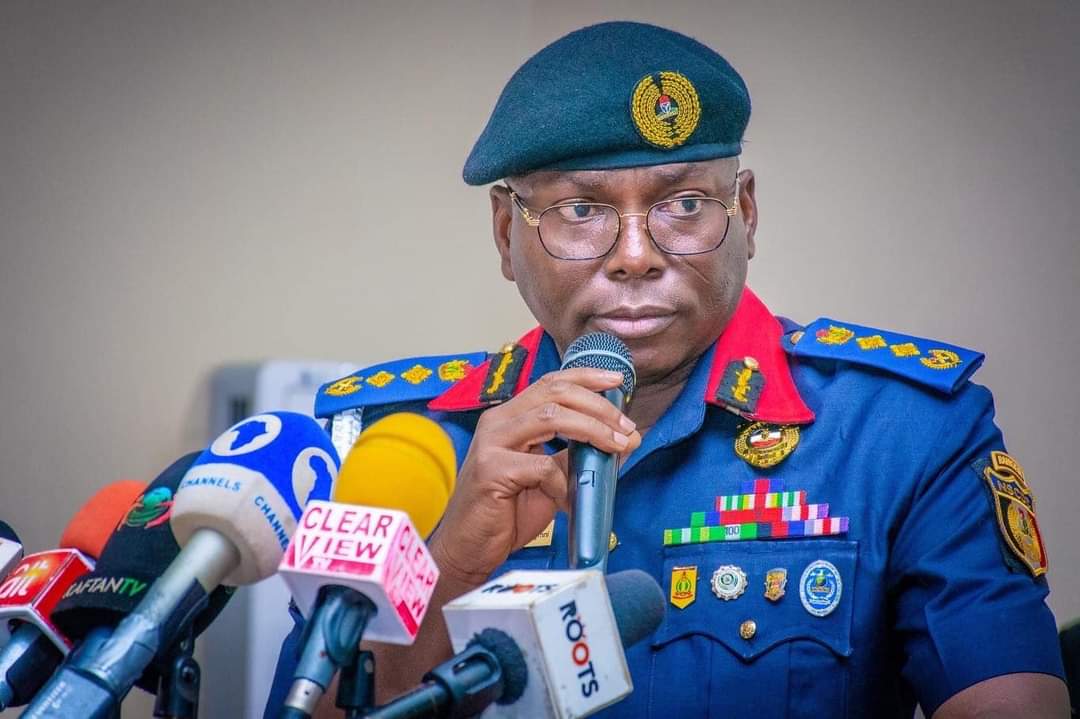The Commandant General of the Nigeria Security and Civil Defence Corps (NSCDC), Dr Ahmed Audi, has proposed the adoption of the “Octopus” solution in tackling Nigeria’s changing security challenges.
Octopuses are highly intelligent creatures known for their problem-solving abilities and unique ability to adapt and learn from their environment.
Speaking on Monday in Abuja at the opening of a two-day seminar on promoting inter-agency collaboration for heads of security agencies in Anambra, Borno, Enugu, Imo and Sokoto, Audi said: “The prevailing asymmetric warfare bedevilling the nation requires an octopus’ solution in mitigating the myriads of security threats targeted at Nigerians, residents and public assets.
“The reality calls for a continuous evaluation of security strategies that can pull resources and expertise together in tackling this menace.”
He noted that the seminar for heads of security fits into such a strategy as it is aimed at ensuring seamless synergy among security stakeholders in Nigeria.
In attendance are state security heads drawn from the NSCDC, Federal Road Safety Corps, National Drug Law Enforcement Agency, Nigerian Correctional Service, Nigerian Immigration Service, The Nigerian Police Force, Nigeria Customs Service and State Security Service representing Anambra, Borno, Enugu, Imo, and Sokoto States.
Audi explained that the seminar is aimed at ensuring that all stakeholders across the board are carried along on this mission.
He told the participants: “Your participation in this programme is an indication that we are making progress towards this quest, with outcomes that will have far-reaching impacts on the nation’s security architecture.”
The Resident Representative of Konrad Adenauer Stiftung Nigeria, Ms Marija Peran, in her opening remarks, said the seminar was organised in cooperation with the Nigerian House of Representatives, the NSCDC and the Konrad-Adenauer-Stiftung.
Peran, who was represented by Deputy Representative Lukas Laible, said since 2016, KAS has been supporting the Security Sector Reform in Nigeria, cultivated progressive partnerships with relevant frontline institutions and collaborated with the executive and the legislature.
She noted that: “In partnership with all security agencies we provide training with a focus on fostering interagency collaboration and conflict-resolution among security agencies.”

 Join Daily Trust WhatsApp Community For Quick Access To News and Happenings Around You.
Join Daily Trust WhatsApp Community For Quick Access To News and Happenings Around You.
